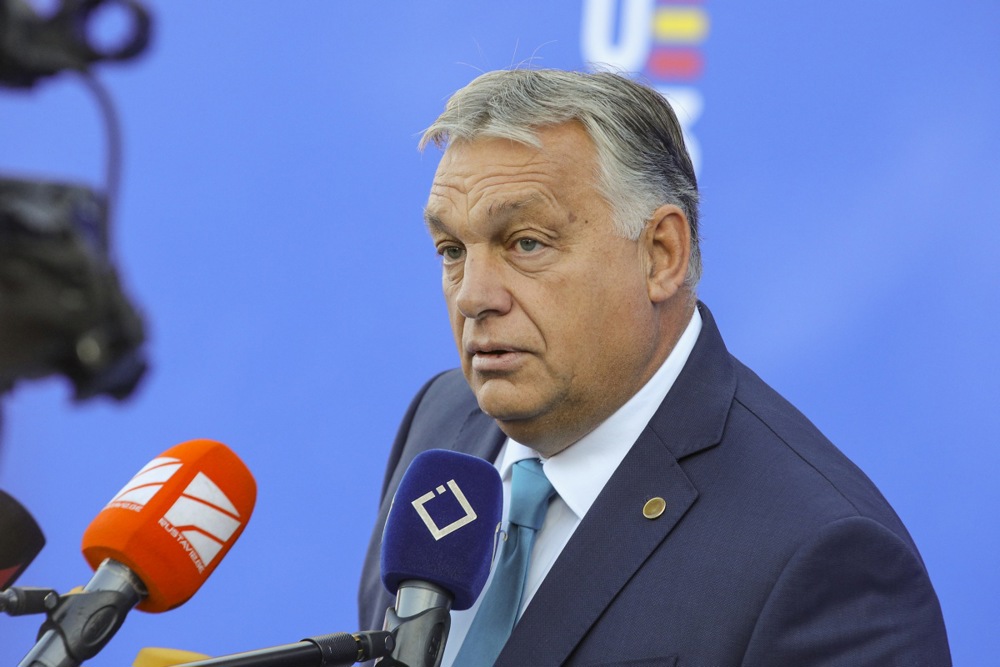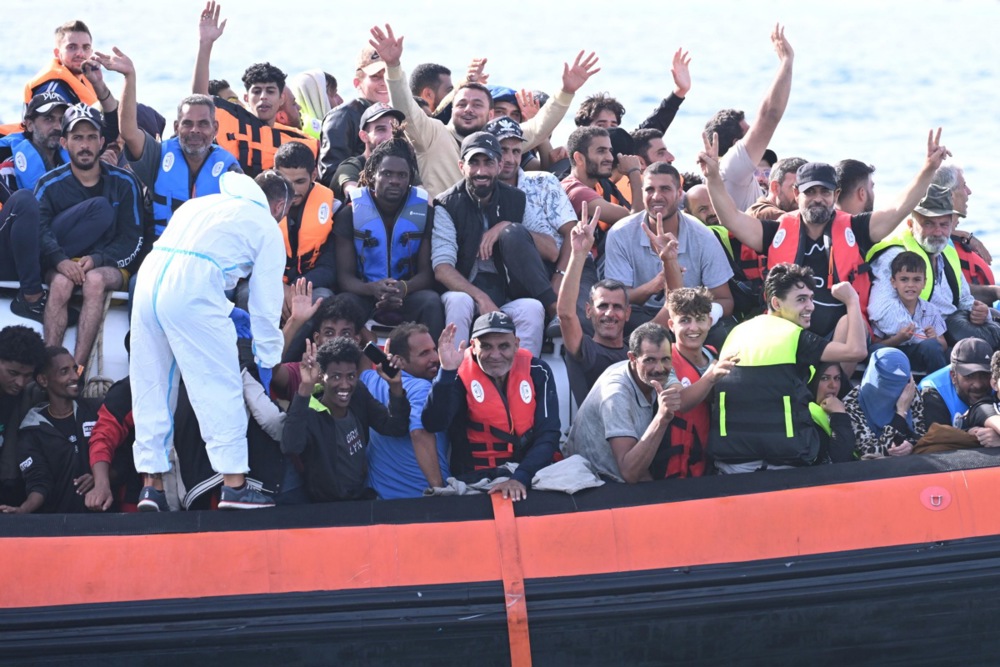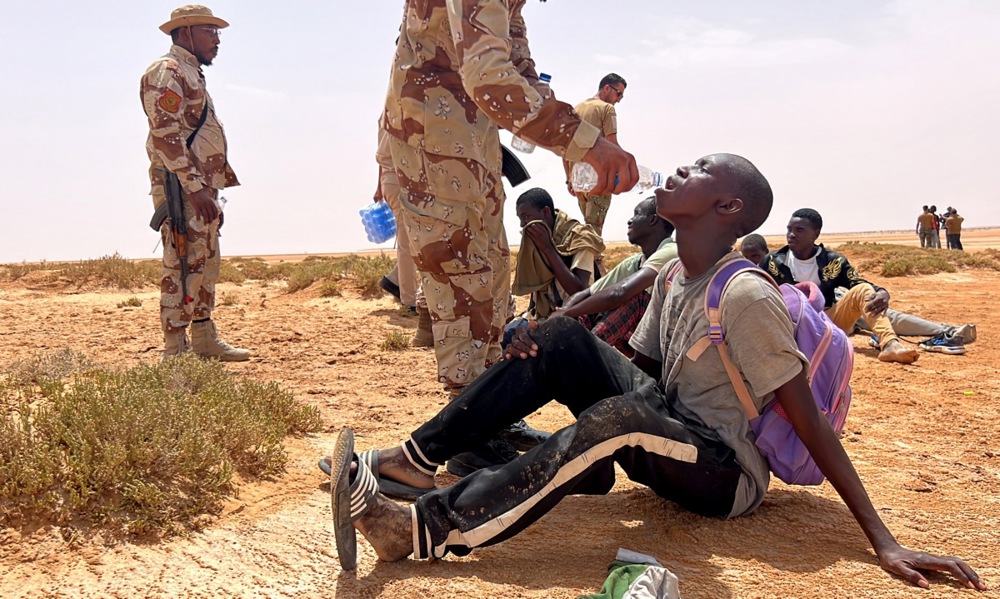Migration and interior ministers from the five European Union nations most impacted by illegal migration from the Mediterranean want more help to tackle the problem.
The ministers from the so-called Med 5 group together with European Commission Vice-President Margaritis Schinas met on October 8-9 in Thessaloniki, Greece to discuss the problems related to illegal migration.
They declared their backing for the Migration Pact but also asked for more support dealing with arrivals.
In a joint declaration, the ministers from Cyprus, Greece, Italy, Malta, and Spain stressed the need for the EC “to negotiate new strategic partnerships and mutually beneficial arrangements with key third countries”. This was, they said, in order to “prevent loss of life at sea and the abuse of migrants by smugglers”.
They also called on the EC to implement existing partnerships and agreements with third countries to reduce irregular departures, dismantle smuggling networks, combat organised crime and enhance return rates of migrants.
The Med 5 countries want solutions in the mould of the EU’s Tunisia deal and the older agreements with Turkey. Despite those being far from perfect (the Tunisia deal has all-but collapsed) the five nations want to expand on them while simultaneously fixing problematic issues.
They also want more protection for the external borders of the EU and reaffirmed the role of European Border and Coast Guard Agency Frontex and of Europol, the EU Agency for Law Enforcement Cooperation.
At the same time, the Med 5 sent out a warning to NGOs transporting illegal migrants into Europe: “Search and rescue operations are conducted to provide assistance to any vessel or person in distress at sea, in accordance with international law, and should not be misused in such a way as to induce irregular migration or smuggling of migrants, thereby leading to the abuse of the Common European Asylum System.”
Greek Minister of Migration and Asylum Dimitris Kairidis and Schinas praised the Spanish chair of the EU for “doing what is humanly possible” to reach a compromise agreement.
Schinas said it was historic that the Migration Pact is the first clear agreement from the members on all elements concerning asylum and migration. He emphasised the pact’s importance, stating that the system must be firmly anchored in EU law.
In addition, he said it must be adequately supported by financial and operational resources and executed by the EC and the European Court of Justice.
On October 7, he took aim at Hungary and its Prime Minister Viktor Orbán, an anti-migration hardliner who is critical of the Migrant Pact.
Orban had said the previous day that there was “no more chance of any kind of compromise and agreement on migration”. He insisted that it was politically impossible anytime soon “because legally, we have been raped by Brussels”.
Schinas hit back: “Before he talks about rape, he should study the European Treaty.
“Personally, I would have preferred unanimity,” he added. “But you cannot reach an understanding with someone who doesn’t want to.”
Orbán’s stand against the pact, according to Kairidis, is a warning of what could happen if the EU does not find credible solutions. “We are caught between the hateful shouters on the Right and the naive people on the Left who believe that any effort to guard borders violates human rights,” he said.
Schinas stressed the importance of co-operation with migrants’ countries of origin, along with financial incentives. He said such countries should be made to understand that “if you co-operate with Europe, you gain; if you don’t, you lose.” He termed this the “more for more and less for less,” approach.
“We must destroy the traffickers’ business model,” Schinas added.
The Med 5 ministers requested an additional €2 billion to address migration, as they claim current EU budgets are being used to help Ukrainian war refugees.
The ministers also warned of the possible consequences of the mass terror attack in Israel on October 8, as it could led to an increase in migrants from Palestine.
According to Kairidis, the majority of recent migrants entering Greece are from Gaza.





